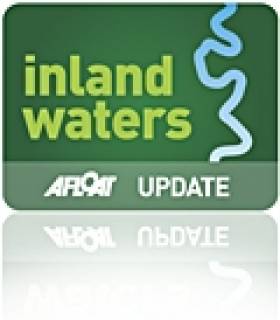Displaying items by tag: invasive plants
New Project to Protect Waterways from Invasive Plants
A £2.6 million (€3.06 million) project to protect Irish and Scottish inland waterways from destructive plants was launched earlier this week at Queens University Belfast, First Science reports.
The main aim of the project is to control invasive plant species such as the giant hogweed which have rapidly taken over riverbanks and have a disastrous effect on biodiversity.
The sap of giant hogweed is especially hazardous to river users for its phototoxity, which can cause severe burn-like wounds when affected skin is exposed to sunlight.
The CIRB (Controlling Priority Invasive Species and Restoring Native Biodiversity) project, funded by the EU, will focus on the River Faughan in Co Derry, the Newry Canal/Clanrye River and the Rive Dee/River Glyde in Co Louth as well as 12 catchments within the Argyll, Ayrshire, Galloway and Tweed areas of Scotland.
First Science has more on the story HERE.





























































